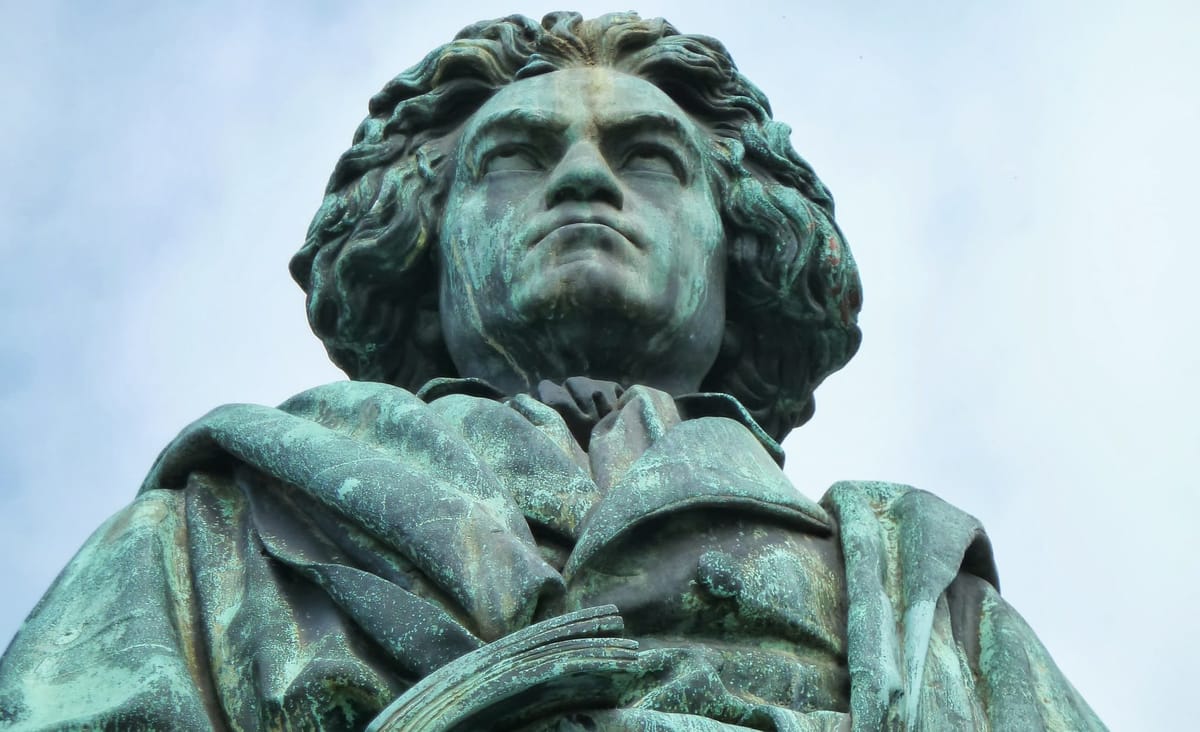Beethoven’s Deafness: How It Shaped His Music and Life

Ludwig van Beethoven, one of the most influential composers in history, faced a unique and challenging obstacle that fundamentally altered both his music and his life: deafness. His journey with hearing loss is a testament to the resilience of the human spirit and how limitations can become a catalyst for unparalleled creativity.
The Early Signs
Beethoven’s deafness was a gradual progression, beginning in his late twenties. Initially, he experienced symptoms of tinnitus and difficulty hearing high-pitched sounds. As his condition worsened, conversations became challenging, and he withdrew from social gatherings. The gradual loss of his auditory abilities confronted him with a stark reality: the impending silence that would engulf his world.
Emotional Turmoil and Creative Resilience
The onset of deafness plunged Beethoven into deep despair. His love for music, the very essence of his being, seemed threatened. In a poignant letter known as the Heiligenstadt Testament, written to his brothers in 1802, Beethoven poured out his anguish and contemplated suicide due to his hearing loss. However, his determination and passion for composing prevailed over his despair. Instead of succumbing to the darkness, he turned to his music as an outlet for his emotions.
Evolution of His Composition Style
Beethoven’s deafness marked a turning point in his music. He delved into a realm of innovation, pushing the boundaries of traditional composition. Unable to rely on his hearing to perceive sounds, he explored the vibrations and felt the resonance of his piano to compose. This tactile experience allowed him to sense the nuances of music, leading to a deeper understanding of its emotional and structural elements.
His later works, such as the Ninth Symphony and the late string quartets, showcase his transcendence of conventional compositional norms. These pieces exhibit a profound depth of emotion, complexity, and an exploration of themes that resonate with the human condition. Beethoven’s deafness liberated him from musical conventions, enabling him to create compositions that transcended the limitations of his physical hearing.
Communication Through Music
Despite his profound deafness, Beethoven’s ability to create symphonies, sonatas, and concertos remained unparalleled. He communicated his thoughts, emotions, and inner turmoil through his compositions. Music became his language—a medium through which he expressed the inexpressible.
In his later years, as his hearing faded completely, Beethoven’s genius continued to thrive. Stories abound of him composing with intense passion, conducting orchestras while being oblivious to the applause, and relying on his inner musical visions to create masterpieces that would resonate through the ages.
Legacy and Inspiration
Beethoven’s legacy extends far beyond his music. His life serves as an inspiration to countless individuals facing adversity. His determination to persevere and create despite overwhelming obstacles exemplifies the triumph of the human spirit.
In contemporary society, Beethoven’s story remains a powerful symbol of resilience, encouraging people to embrace their limitations as catalysts for creativity and innovation.
Conclusion
Beethoven’s deafness was not merely a hindrance; it was the transformative force that shaped his music and legacy. His ability to transcend his physical limitations and channel his emotions into timeless compositions stands as a testament to the extraordinary power of the human spirit.
Though the silence enveloped his world, Beethoven’s music echoed louder than ever, resonating through centuries and touching the hearts of generations, immortalizing him as a maestro of resilience and artistic brilliance.





